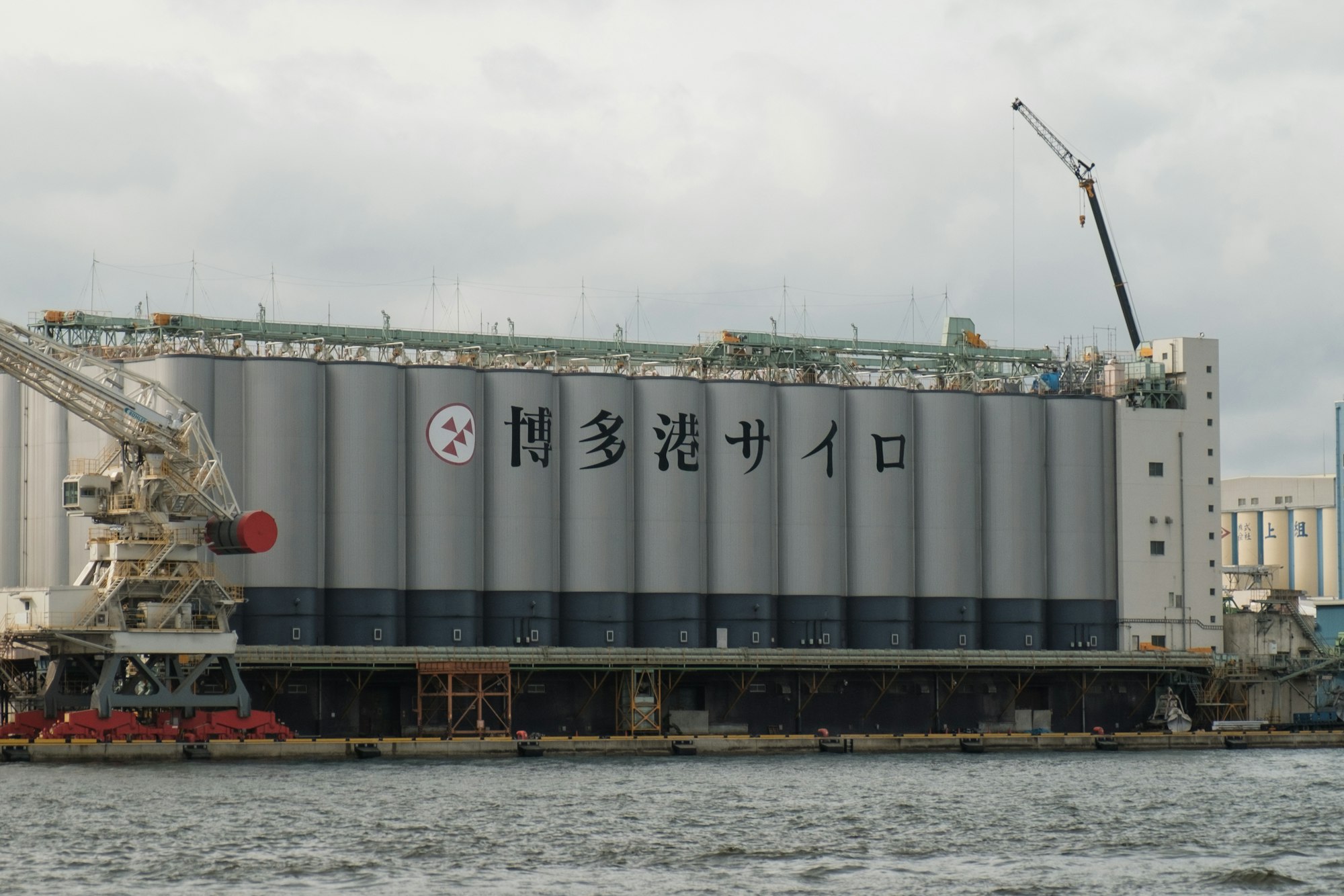Expanding In Japan
Taiwan Semiconductor Manufacturing Co. (TSMC) recently announced its decision to expand its footprint in southern Japan with the addition of a second semiconductor factory, signalling a significant escalation in its investment strategy that now exceeds $20 billion. This development marks a strategic move by TSMC, a leading contract chip manufacturer known for its high-profile clientele including tech giants Apple and Nvidia, to diversify its manufacturing base in light of geopolitical uncertainties.
- The bolstered investment effort by TSMC is set to enhance Tokyo's ambition to revive its semiconductor production capacity, leveraging financial incentives from the Japanese government.
- TSMC's expansion is not limited to Japan; the company is also committing approximately $40 billion towards the establishment of two manufacturing facilities in Arizona, along with a noteworthy investment planned for Germany.
Mitigate Risks
These ventures are primarily motivated by the desire to mitigate risks associated with TSMC's predominant manufacturing concentration in Taiwan, a location deemed geopolitically sensitive due to ongoing tensions with China. Beijing's stance, including not dismissing the use of force to assert control over Taiwan—a territory that recently elected a leader not favored by Beijing—further underscores the strategic imperative for TSMC to diversify its production locales.
- The genesis of TSMC's investment in Japan traces back to 2021 when the company disclosed its initial plans to construct a semiconductor fabrication plant on Kyushu Island, in partnership with Sony Group, with an investment projection of around $7 billion. This facility, positioned close to Sony's existing chip production unit, is nearing completion and is expected to commence operations within the current year.
- Following up on earlier speculations, TSMC confirmed its intentions to initiate the construction of a second fabrication plant within the year, targeting its completion by 2027.
Collectively, these two plants are poised to channel over $20 billion into the region, generating approximately 3,400 specialized high-tech jobs in Kumamoto Prefecture.
Japan's Industry On The Rise
Further bolstering its Japanese operations, TSMC announced additional investments from Toyota Motor and Denso, a leading automotive parts manufacturer. Although specific financial details were not disclosed, it was revealed that Denso would acquire a 5.5% stake in TSMC's Japanese subsidiary, Toyota would secure a 2% stake, and Sony would maintain a 6% share, with the remainder held by TSMC.
- The Kumamoto facility is tasked with producing semiconductors for automotive, industrial, and consumer electronics applications. The addition of the second factory will expand the variety of chips manufactured there.
- In tandem, Japan unveiled plans to subsidize the development of flash-memory chip plants, a joint venture between Western Digital and Kioxia (formerly part of Toshiba), with an investment of around $1 billion. This move underscores a collaborative effort between Japan and the U.S. to secure the global memory chip supply chain.
Global Trend And Sentiment
Japan's concerted push to rejuvenate its semiconductor industry reflects a broader global trend, mirroring initiatives like the Biden administration's $53 billion Chips and Science Act aimed at bolstering domestic semiconductor manufacturing in response to supply chain disruptions highlighted by the Covid-19 pandemic and ongoing geopolitical tensions, particularly with China.
- However, this surge in semiconductor manufacturing capacity brings its set of challenges, including potential market oversupply and operational hurdles such as escalated costs and a scarcity of skilled labor.
- TSMC's recent announcement of a delay in its Arizona plant's completion contrasts with the timely progress of its first Japanese fabrication plant, underscoring the complexities involved in scaling up semiconductor production infrastructure across diverse geographic locations.
Disclaimer
Please note that Benchmark does not produce investment advice in any form. Our articles are not research reports and are not intended to serve as the basis for any investment decision. All investments involve risk and the past performance of a security or financial product does not guarantee future returns. Investors have to conduct their own research before conducting any transaction. There is always the risk of losing parts or all of your money when you invest in securities or other financial products.
Credits
Photo by Nichika Yoshida / Unsplash.






